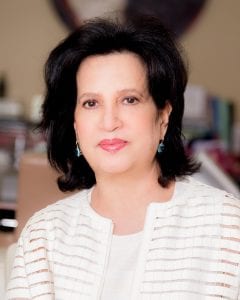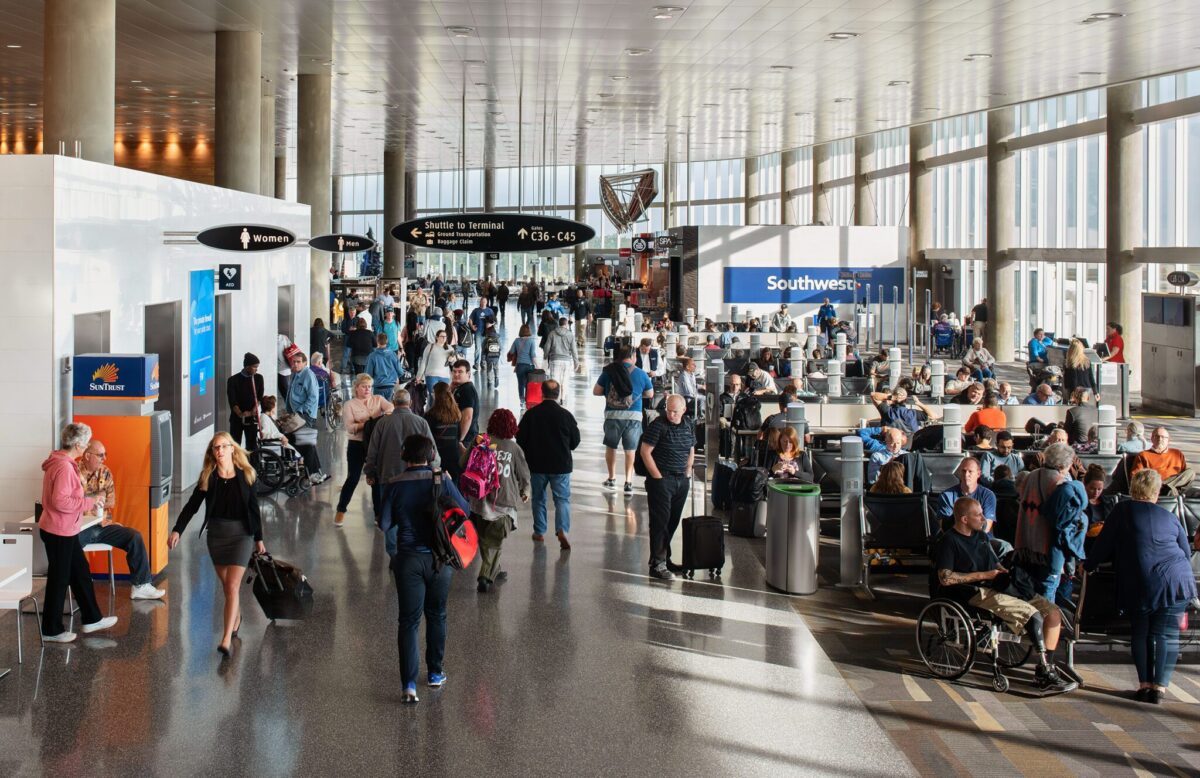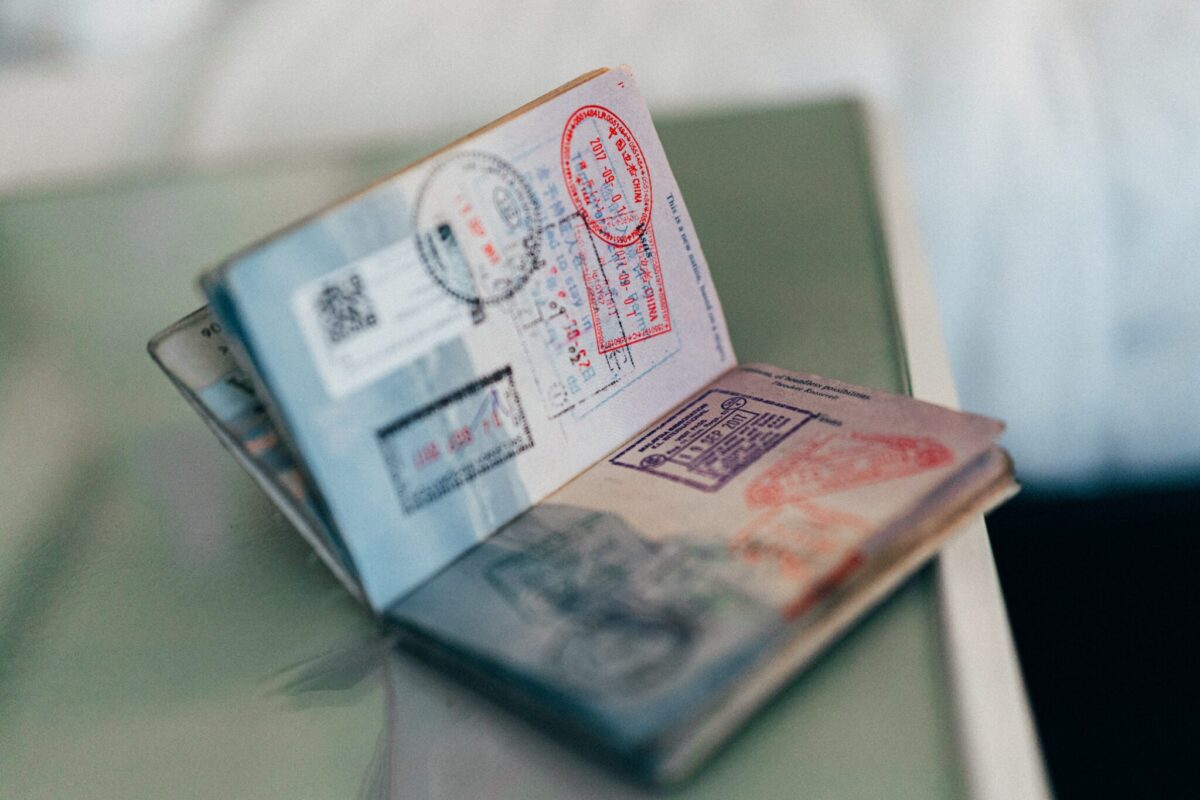Bahraini Cultural Icon Vying to Be First Female Head of United Nation’s Tourism Arm

Skift Take
For the first time since its founding, a woman is vying for the post of secretary general of the United Nations World Tourism Organization (UNWTO) for the 2022-2025 term. Just a few weeks ago, the Kingdom of Bahrain nominated Shaikha Mai bint Mohammed Al Khalifa, president of the Bahrain Authority for Culture and Antiquities, as a candidate.
In accepting her government’s nomination, Mai expressed her support for continuing to push sustainable tourism, noting that she had witnessed “firsthand the impact [the cultural sector] has had in enhancing tourism and developing cross-cultural understanding.”

H.E. Shaikha Mai from Bahrain is vying for the post of Secretary General of the UNWTO. – Source: Bahrain Authority for Culture and Antiquities
If selected at the 113th session of the executive council meeting, set to take place in Madrid on January 18-19, she would make history as the UNWTO’s first-ever female secretary general and her rise would mark a rare distinction in global travel leadership mostly dominated by men.
Aside from the historic nature of her candidacy, Mai’s extensive achievements in sustainable development through cultural preservation, including her public-private leadership and funding strategies which helped catapult Bahrain’s status as a cultural hub, plus her government minister years pack a potential powerful punch for a post-Covid, woke UNWTO leadership.
“I think that the opportunity to have diverse options at the table is incredibly important,” Jeremy Sampson, CEO of The Travel Foundation, an international sustainable tourism non profit organization, told Skift, while noting that his organization was not endorsing either candidate. “Also the opportunity to have an expert in sustainability with a loud voice — that matters, and it especially matters now.”
An innovator in cultural preservation for sustainable development
Mai is a recognized figure in the Middle East as well as in global tourism circles for her dedication to the Arab culture and art world. Bahrain’s first ever culture minister from 2010-2015, she is credited for the registration of three sites on the UNESCO World Heritage List. She also founded key institutions such as the Shaikh Ebrahim bin Mohammed Al Khalifa Center for Culture and Research, and the Arab Regional Centre for World Heritage. She has also served on the UNESCO World Heritage Committee, of which Bahrain remains a member.
Her “Investing in Culture” public-private sector initiative, first launched in 2006, helped fund large scale arts and cultural projects in Bahrain, including the national theater and the Bahrain Fort Site Museum, all of which drove tourism, urban development, investments and jobs.
A historian and prolific author who made Forbes’ list of the most powerful Arab women, in addition to receiving a myriad of prestigious international awards and titles — including the 2015 Watch Award from the New York-based World Monuments Fund — the Bahraini nominee is no stranger to the United Nations. In 2017, the UNWTO appointed Mai as special ambassador of the International Year of Sustainable Tourism for Development.
Most recently, at a virtual 2020 Life Beyond Tourism forum, Mai shared her view that “culture must become a key feature in sustainable development,” as a tool for human connection during this challenging time, as well as a tool for community development.
International media coverage about her candidacy has been surprisingly sparse so far, while allegations have swirled about current Secretary General Zurab Pololikashvili, who is running for a second term, that he is attempting to stifle competition, from deliberately shortening the nomination timeline to remaining silent on his opponent Shaikha Mai’s candidacy. He is also not rescheduling the January executive council meeting in Spain, making it difficult for Mai to campaign with ample time in light of the pandemic and the holiday season. Skift reached out to Mai and to the UNWTO, but had not received a response at publication time.
Middle East’s Tourism Push Could be candidacy boost
Shaikha Mai’s appointment comes at an opportune time for the Middle East, the region determined to be the fastest growing in 2019 “at almost double the global average” or by 8 percent, according to the UNWTO.
Much like Georgia, homeland of Pololikashvili, tourism has played a significant role in Bahrain’s recent economic growth and has become a primary contributor, making up 13.3 percent of GDP and 15 percent of employment as of 2019. In 2019, the archipelago received a significant number of annual visitors despite its small size, to the tune of nearly 12 million. At the start of this year, Bahrain’s capital city had just been named “Capital of Arab Tourism” for 2020.
Since Covid, tourism has remained a priority for a handful of destinations in the Middle East region. Saudi Arabia recently pumped $4 billion into the tourism sector, in its push to diversify beyond oil, after introducing e-visas months prior.
Bahrain and United Arab Emirates normalized relations with Israel in September, quickly launching cross tourism promotions. The UNTWO also recently opened an office in Riyadh intended as a first-ever hub for the Middle East.
Coupled with Mai’s extensive regional and international trajectory in cultural preservation and sustainable development, the region’s ambitions in growing its tourism sector and key Arab member countries on the voting Executive Council — including Saudi Arabia as second vice-chair, and members Bahrain, Egypt, Tunisia — could end up being a boost for Mai’s candidacy.
The Future of the Tourism Workforce is Female
According to the most recent edition of UN Women’s Global Report on Women in Tourism, the majority of the tourism workforce is now female, with “54 percent of people employed in tourism being women compared to 39 per cent in the broader economy.”
What’s more, the United Nations’ 17 Sustainable Development Goals (SDGs) cite the need to “achieve gender equality and empower all women.” Specifically, SDG 5 recognizes “the need for their full and equal participation and leadership in all areas of sustainable development.
It bears mentioning too that the pandemic has disproportionately impacted vulnerable communities, made up in great part of women in the travel and tourism workforce. “[T]hat has to be part of the story, “ Sampson said, “in terms of building back better.”
With diversity and sustainability at the heart of the “build back better” sentiment echoing across the industry, Shaikha Mai’s candidacy might just be perfectly timed.




